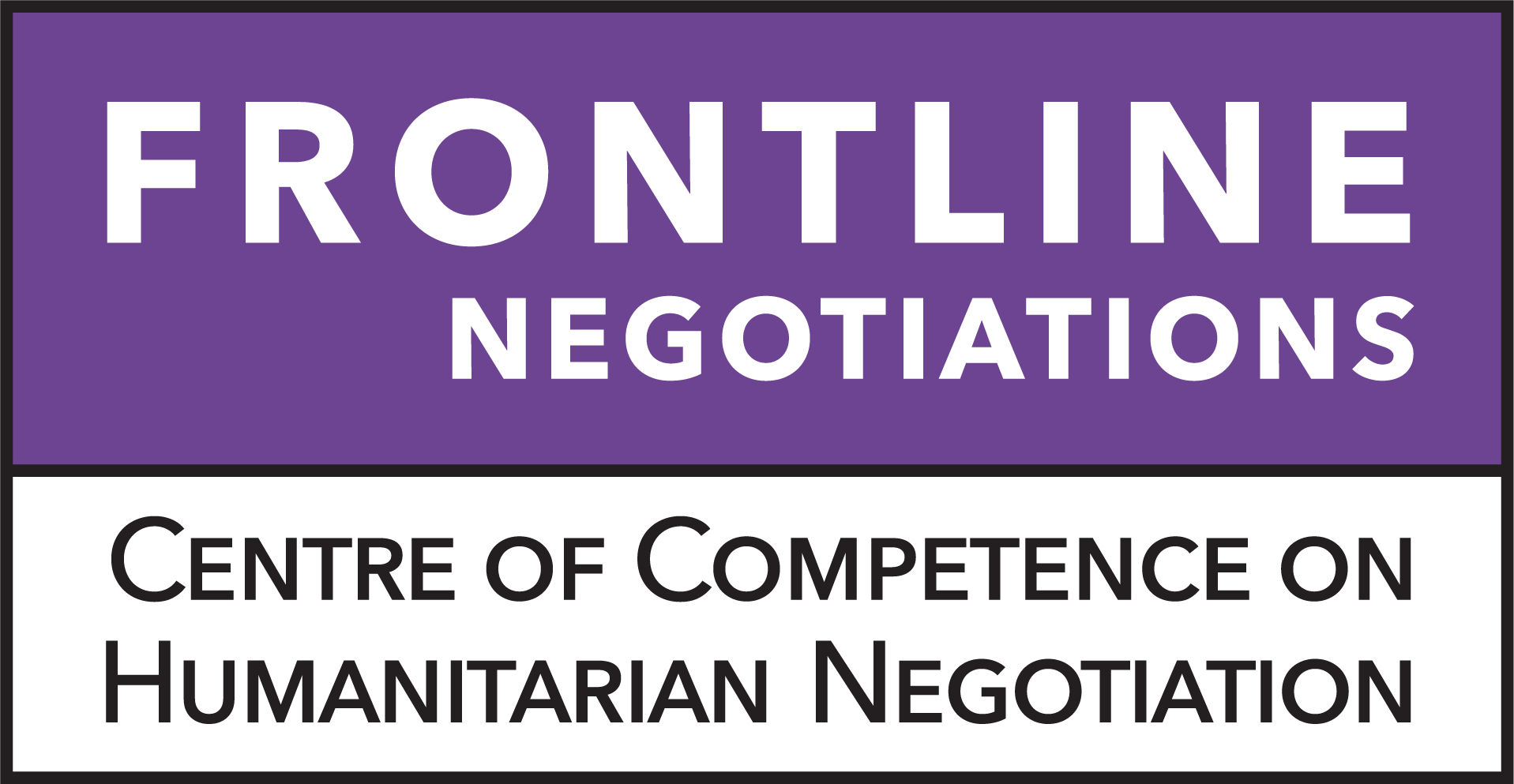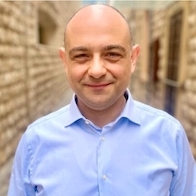
Learn from experience.
Shape a global community.
The CCHN community of practice is a global network of frontline humanitarian negotiators.
Members of the CCHN community are committed to improving their negotiation skills, sharing their negotiation practices and helping each other become better humanitarian negotiators.
They meet regularly in a safe, confidential, and informal space to exchange their experiences, develop new negotiation approaches and feed back their learnings into the community.
Meet the community
What is a community of practice?
A community of practice is a group of individuals who share a concern or a passion for something they do and learn how to do it better while interacting.
Communities of practice are beneficial not just for their members, but also for many others in the same field. As members keep developing knowledge about a certain topic and sharing their learning, they also end up legitimising it as a domain of expertise; this creates an added value for the sector as a whole.
The concept of communities of practice was developed in scholarly literature in the 1980s, yet it is something people have been doing since the beginning of times.
According to experts E. and B. Wenger-Trayner, all communities of practices are composed of three fundamental elements: a domain, a community of people, and their practice.
The domain
A community of practice is not just a club of friends or a network of connections. It has an identity that is defined by a shared domain of interest. Members are committed to their domain, and this distinguishes them.
The community
Members of a community of practice engage in activities and discussions, help each other, and share information. They build relationships that help them to learn from each other. Having the same job or the same title does not make for a community of practice unless members interact and learn together.
The practice
Members of a community of practice are practitioners. They develop a shared repertoire of resources: experiences, stories, tools, ways of addressing recurring problems – in short, a shared practice. This takes time and sustained interaction. The development of a shared practice may be more or less self-conscious.
Why should I join the CCHN community?
Here are just five of the many reasons why you should join the CCHN community:
Need more? Read our community’s testimonies:
Over the past three days, I immersed myself in the humanitarian negotiation training provided by the Centre of Competence on Humanitarian Negotiation and the United Nations Office for the Coordination of Humanitarian Affairs (OCHA), just to realise that as a humanitarian advocacy expert I have more operational experience than I thought.
Excellent training and excited to start applying the different tools and planning scenarios with tips and tricks to my work.
L’atelier organisé par le Centre de compétences en négociation humanitaire est une aubaine pour le personnel humanitaire, spécialement celui confronté régulièrement au terrain. Il est également le lieu d’un apprentissage enrichissant basé sur le partage d’expériences.
Participer à cet atelier m’a permis non seulement de mieux appréhender le concept de la négociation humanitaire et ses différentes étapes, au travers d’outils variés, mais a très certainement aiguisé ma volonté d’en apprendre plus sur le sujet.
Je vous encourage à tenter l’expérience.
This training has been a transformative experience! Not only did I acquire powerful tools to navigate complex humanitarian negotiations, but I also became part of the inspiring CCHN community, a network of passionate professionals committed to a better world.
Thank you, Centre of Competence on Humanitarian Negotiation, for facilitating the Peer Workshop on Humanitarian Negotiation hosted by the United Nations Office for the Coordination of Humanitarian Affairs (OCHA).
It was a delightful opportunity to meet fellow humanitarian workers across all Lebanon, learn from each other’s experience in the field, and build a more structured set of negotiation skills and resources.
Had the great pleasure and privilege to complete the Advanced Humanitarian Negotiation Workshop organised by the Centre of Competence on Humanitarian Negotiation.
This workshop built on the collective experience and perspectives of humanitarian practitioners engaged in some of the most challenging conflict environments. It offered a set of concrete tools and methods to plan and prepare negotiation processes for the purpose of assisting and protecting populations affected by armed conflict and other forms of violencte.
How do I become part of the CCHN community?
To become part of our global network of humanitarian negotiators, you need to meet the following requirements:
- Work or have worked as a humanitarian professional in the field for at least 3 years (either as national or international staff).
- Have experience working in the region or the thematic area on which the workshop focuses.
- Register for a Peer Workshop on Frontline Humanitarian Negotiation.
Once you complete a Peer Workshop, you will become a member of the CCHN community and gain access to a broader range of advanced workshops and activities on humanitarian negotiation.





